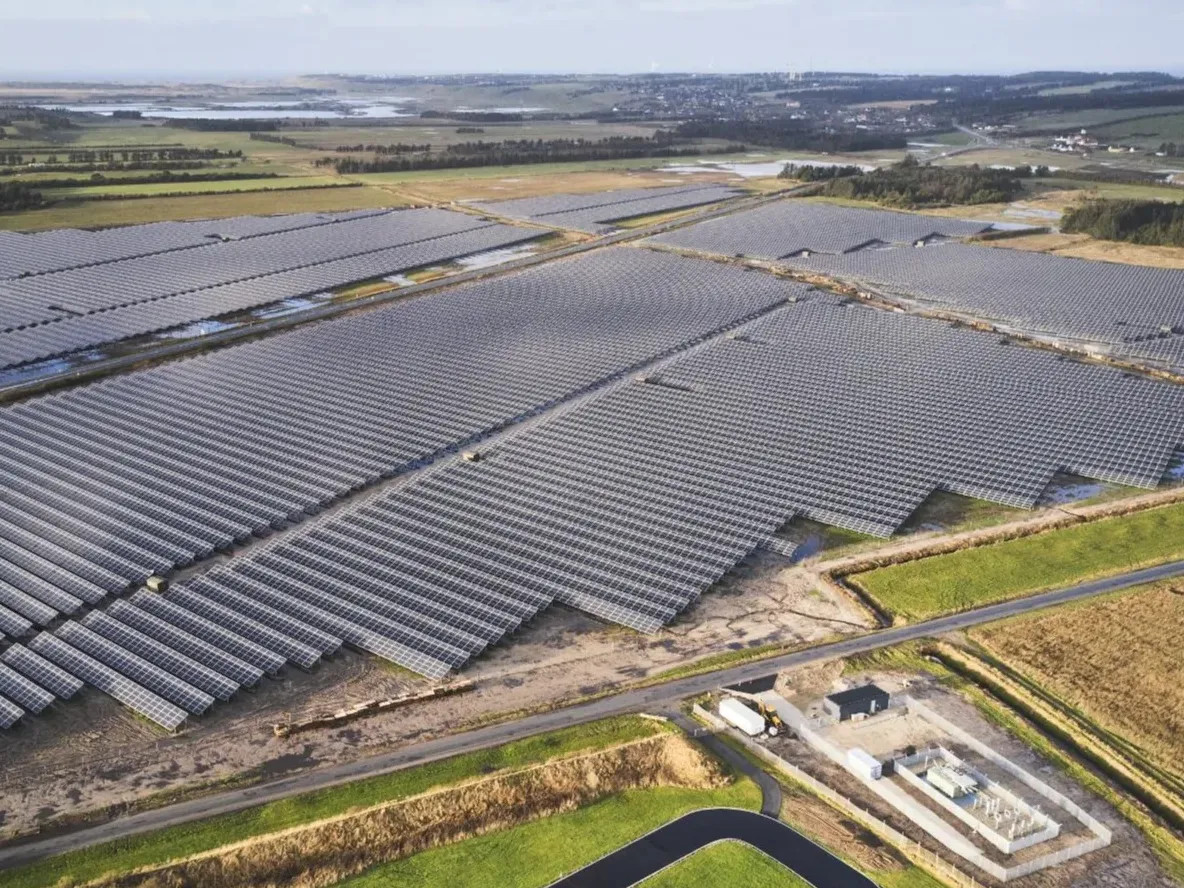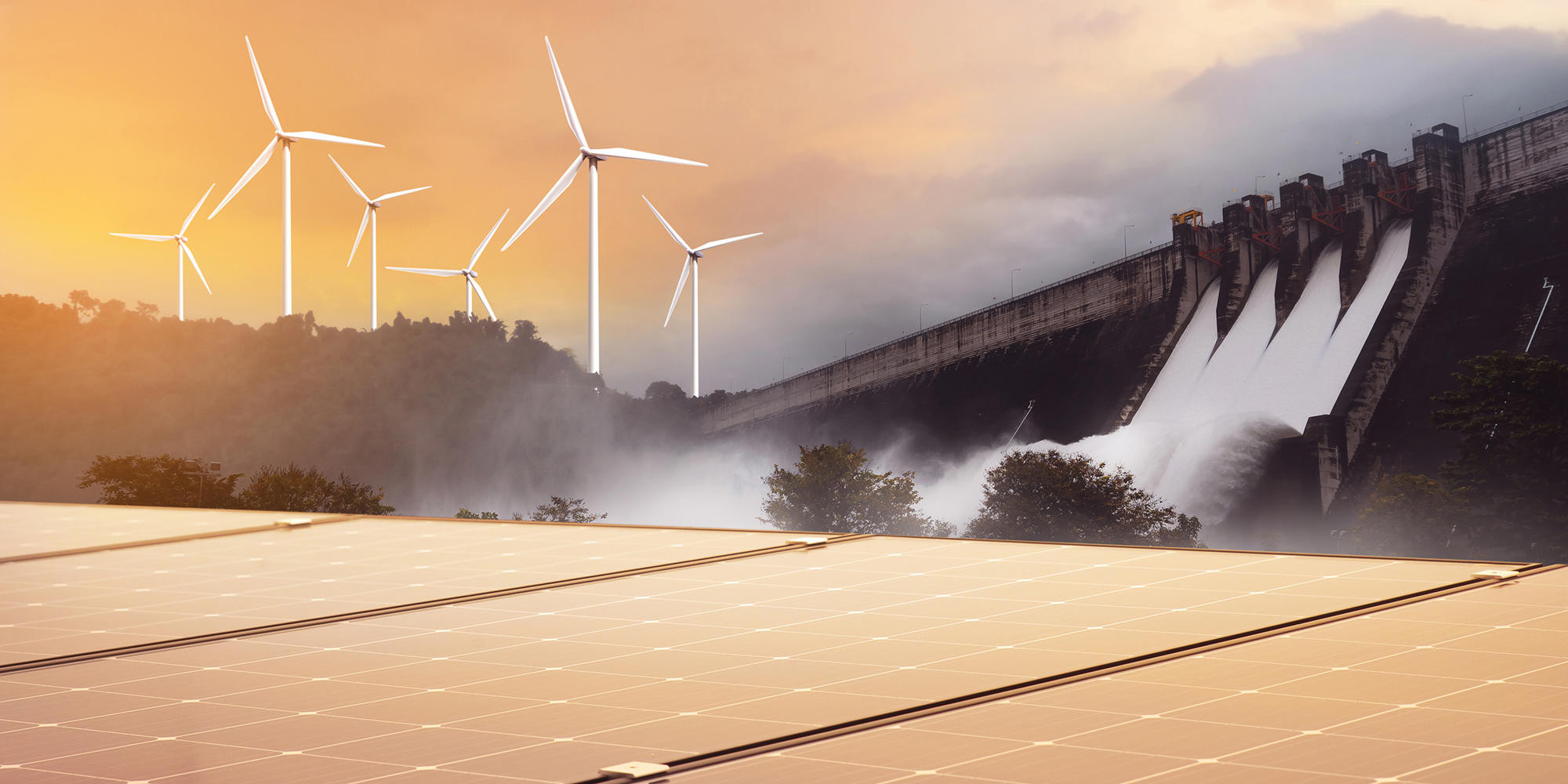A Surge in Renewable Energy Projects Seeking Grid Connection in South Africa
South Africa's commitment to renewable energy is evident in the dramatic rise of projects seeking grid connection. A comprehensive survey conducted by Eskom, the South African Photovoltaic Industry Association (SAPVIA), and the South African Wind Energy Association (SAWEA) reveals a staggering 133 GW of projects vying for access to the national grid. This represents a remarkable 100% increase compared to previous years, highlighting the burgeoning momentum behind renewable energy as a viable solution to the country's energy challenges.
Solar Power Takes the Lead
Solar photovoltaic (PV) projects have experienced the most significant surge, with a 120% increase in capacity. This surge in solar PV projects underscores the immense potential of this technology to contribute to South Africa's energy mix. Factors driving this growth include the decreasing cost of solar technology and the increasing demand for clean and sustainable energy solutions.
Wind Power Continues Its Ascent
Wind energy projects have also witnessed substantial growth, exceeding 50%. This indicates a continued commitment to harnessing the power of wind, a crucial renewable resource in South Africa. The country's wind resources are abundant, particularly along the coast, making wind power a promising source of clean energy.
The Rise of Battery Energy Storage Systems
The survey highlighted a notable rise in battery energy storage systems (BESS), signifying a growing focus on energy storage solutions to complement renewable energy generation. Battery storage is critical for addressing the intermittency of renewable energy sources like solar and wind, ensuring a stable and reliable power supply.
Implications for Grid Planning and Investment
The SAREGS survey provides invaluable insights into South Africa's renewable energy landscape. This data will be instrumental in informing grid planning and investment decisions, ensuring that the country's infrastructure can effectively accommodate the increasing influx of renewable energy capacity. The government and energy companies need to make strategic investments in grid infrastructure to facilitate the seamless integration of these projects and maximize the benefits of renewable energy.
The Future of Renewable Energy in South Africa
The 2024 SAREGS survey underscores the immense potential of renewable energy to play a pivotal role in South Africa's energy mix. The data reinforces the country's commitment to transitioning to a cleaner and more sustainable energy future. As the demand for renewable energy continues to grow, South Africa is poised to become a leader in the global renewable energy landscape.
Accelerating the Transition to a Clean Energy Future
The Development Bank of Southern Africa (DBSA) is playing a pivotal role in accelerating this transition by doubling the size of its program to finance renewable energy plants. The Embedded Generation Investment Programme, which initially aimed to finance plants producing 700 megawatts of power, now targets a total of 1,400 megawatts within 18 months. This ambitious expansion demonstrates the bank's commitment to supporting the growth of South Africa's renewable energy sector.
Supporting Private Investment in Transmission
The DBSA is also pressing ahead with plans to help facilitate private investment in South Africa's national transmission grid. Recognizing the critical importance of a robust transmission infrastructure to support the increasing influx of renewable energy, the bank is working to establish an office that will manage auctions of transmission projects. The DBSA is collaborating with the World Bank to develop “credit enhancement mechanisms” to incentivize private investment in this crucial area.
A Key Player in South Africa's Energy Transition
The DBSA's initiatives are crucial for supporting South Africa's transition to a clean energy future. By providing funding and facilitating private investment in both renewable energy generation and transmission, the bank is playing a critical role in ensuring a smooth and successful energy transition. This is particularly important as the country faces the challenge of overcoming its electricity shortage and transitioning away from its reliance on fossil fuels.
Investing in a Sustainable Future
The New Development Bank (NDB) is another key player in South Africa's energy transition. The NDB has already approved a total of $2.3 billion (R41bn) for 10 renewable energy projects, demonstrating its commitment to supporting sustainable development. These projects are expected to entail the installation of a total generation capacity of 2.8GW, which will contribute to reducing greenhouse gas emissions and achieving South Africa's climate goals.
NDB's Focus on Sustainable Infrastructure
The NDB's approach aligns closely with South Africa's national sustainability goals. Its investments in renewable energy projects directly support the country's Integrated Resource Plan 2019, which aims to increase the share of renewable energy in the country's energy mix. The NDB's focus on sustainable infrastructure and green energy aligns with the Just Energy Transition Partnership (JETP), which aims to accelerate the decarbonisation of the economy while ensuring a just transition for affected communities.
Supporting South Africa's Development Agenda
By focusing on green projects, the NDB supports South Africa's efforts to transition to a low-carbon, climate-resilient economy, as outlined in the country's National Development Plan 2030. These alignments ensure that the NDB's investments not only contribute to specific project outcomes but also support South Africa's broader sustainability agenda, fostering long-term environmental, social, and economic benefits.
The Road Ahead
South Africa's renewable energy sector is on an upward trajectory, driven by a confluence of factors, including government policies, private sector investment, and the growing demand for clean energy. The country's commitment to renewable energy is evident in the dramatic rise of projects seeking grid connection, the expanding role of institutions like the DBSA and NDB, and the alignment of these initiatives with national sustainability goals. As South Africa continues to embrace renewable energy, it is poised to become a leading player in the global clean energy transition.


















